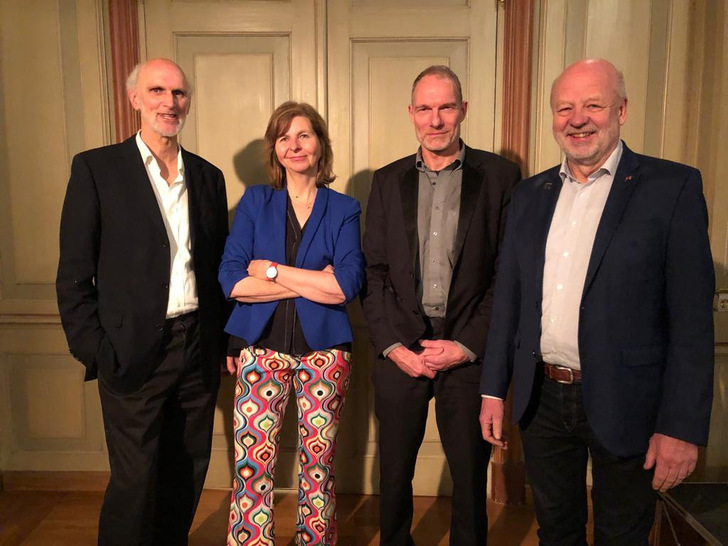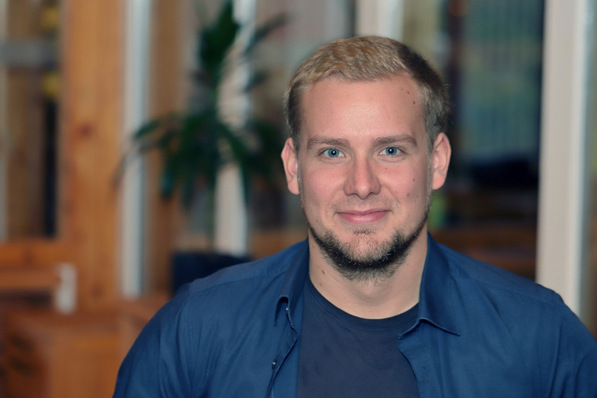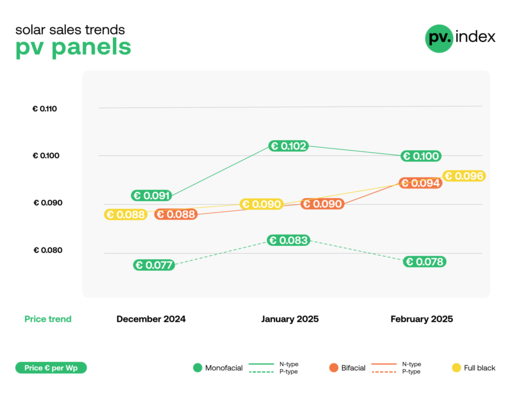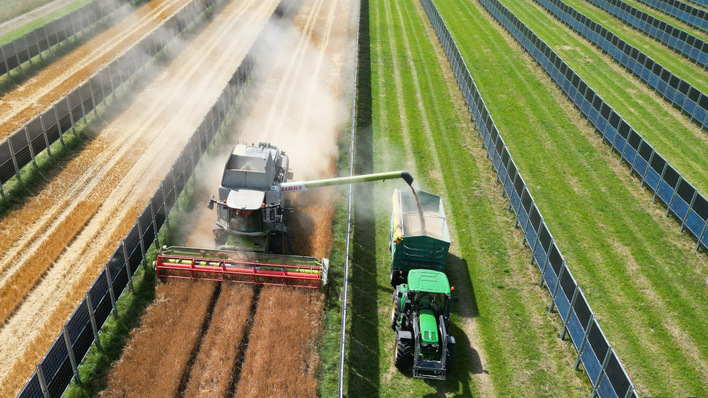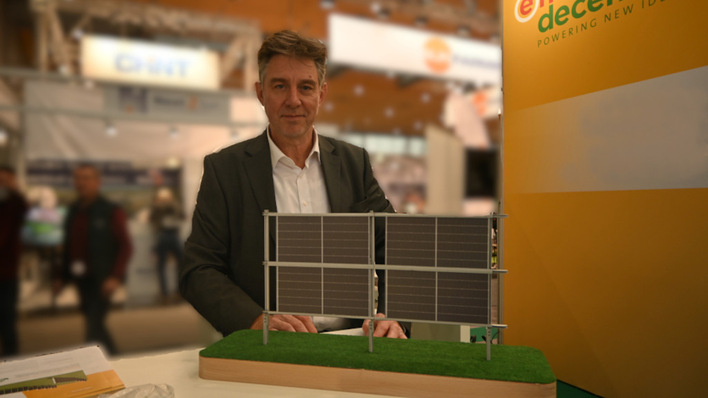Much has been said at the European level about new factories in the green tech sector and solar production, but that's about it so far. At the same time, discussion of the U.S. Inflation Reduction Act under President Biden triggered near-panic reactions in Berlin and Brussels, Fell said.
But strong political support from the German government and the EU Commission in an ambitious program has yet to materialize, he added. The only solar factory with Meyer-Burger was built with almost no public support, he said. Now the citizens are taking the issue of solar production into their own hands.
The public launch of Germany's first citizen solar factory recently took place in Kirchberg an der Jagst. The goal of the initiator Gerhard Kreutz and the energy initiative Kirchberg registered association, which was created 1994 by it: To extend the principle 100% renewable energies from citizen hand also to the production of the technology needed for it and to develop capacities of 15 million modules per year in Germany, reports Fell.
Goal of raising 600 million euros from citizens across Europe
Instead of large investors or energy companies, citizens from all over Europe are to finance the construction of this citizen solar factory themselves and share in the profits from it. Paul Grunow, co-founder of Solon and Q-Cells is project manager. Rudolf Harney from ISC Konstanz and Peter Fath from RCT in Konstanz are currently projecting Giga-Fabs worldwide and are contributing their entrepreneurial experience in building and operating solar factories to the project.
So far, citizens have successfully financed the construction of profitable solar and wind parks - with a financing volume of up to 20 million euros per project. But the Ukraine war has also made citizen energy actors painfully aware of the vulnerability of international supply chains, and so far even citizen energy cooperatives have been dependent on solar panels from China. So a domestic solar factory also means making the energy transition independent and secure.
Did you miss that? "Scaling up is key"
Over a hundred interested citizens came to the kick-off event. Now, activities are to be kicked off to organize civic investment capital and advance the factory's plans. The initiative's goal is to raise 600 million euros. Citizens across Europe are invited to provide the equity and participate as shareholders in the construction, operation and profits of the factory.
Following the idea of a common good and circular economy
The organizers' goal of revolutionizing factory work as such and turning a factory into a place of "meaningful, satisfying work in an encouraging environment" is also exciting. The factory founders want to align the entire production of solar panels with the common good economy (GWÖ), which, for example, does not want to pay excessive manager salaries, but rather distributes salaries fairly across all employees. Furthermore, the factory should follow the idea of a circular economy from the outset and, according to the "cradle to cradle" principle, manufacture all products in such a way that they can be introduced into technical and natural cycles.
"After many decades of a quasi-monopoly of a few large energy corporations on energy production, energy grids and energy distribution; after the systematic destruction of the domestic solar industry under the Merkel government starting in 2012; and after many decades of successful decentralized self-production by citizen energy communities and the democratization of the energy sector driven by them, the citizen-produced solar factory is the next milestone for citizen energy," Fell emphasizes. (hcn)
Also interesting: European solar production is necessary and possible


